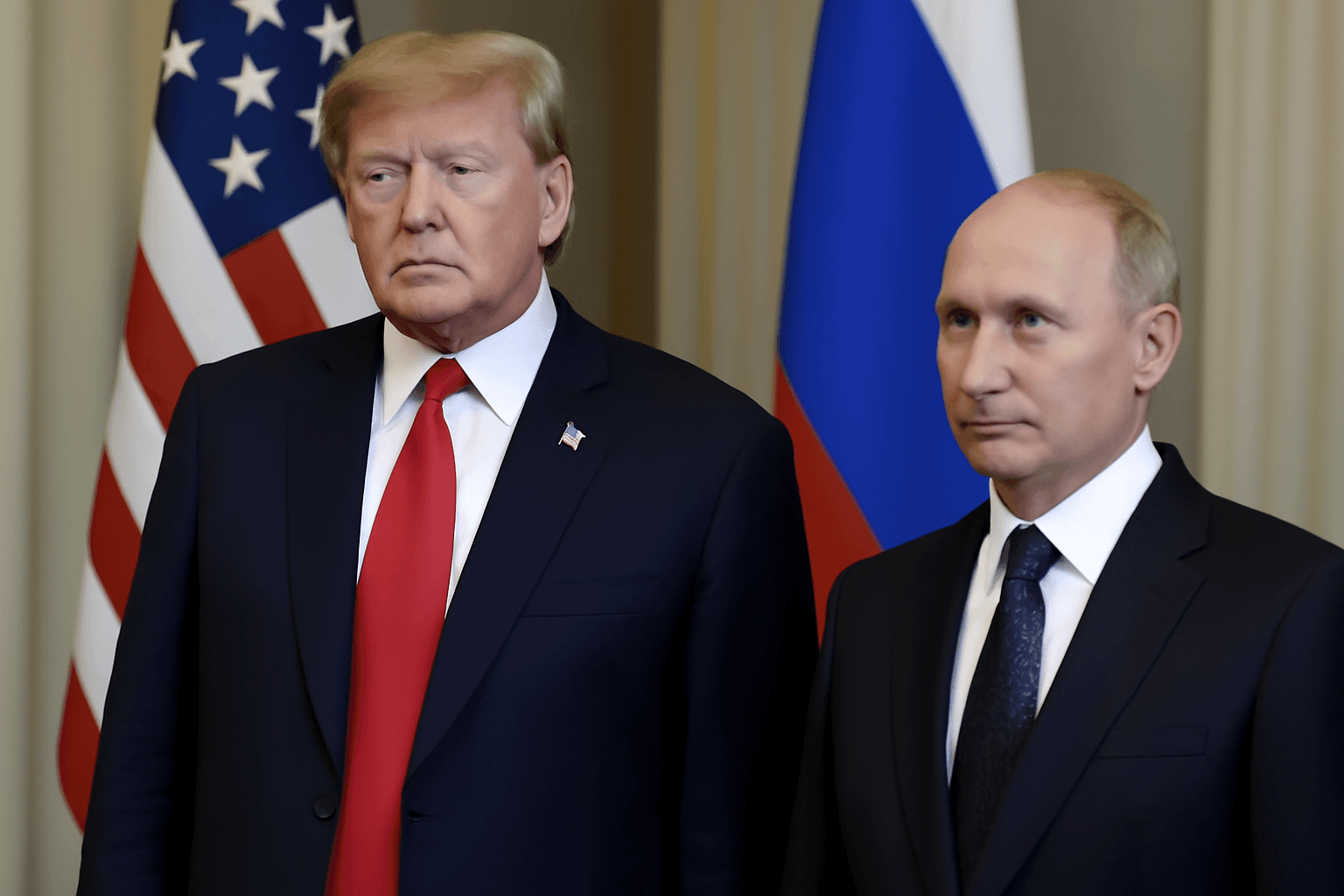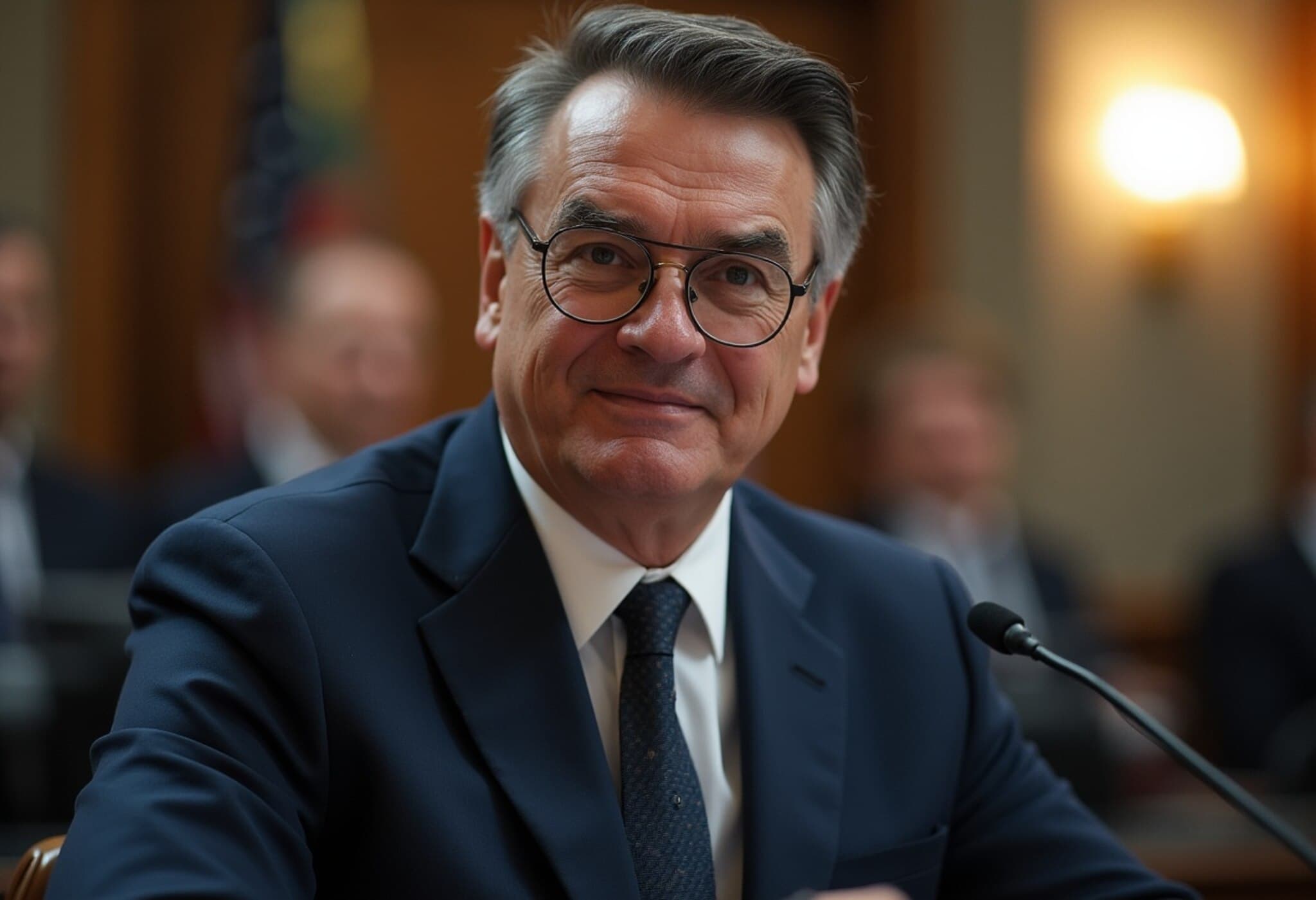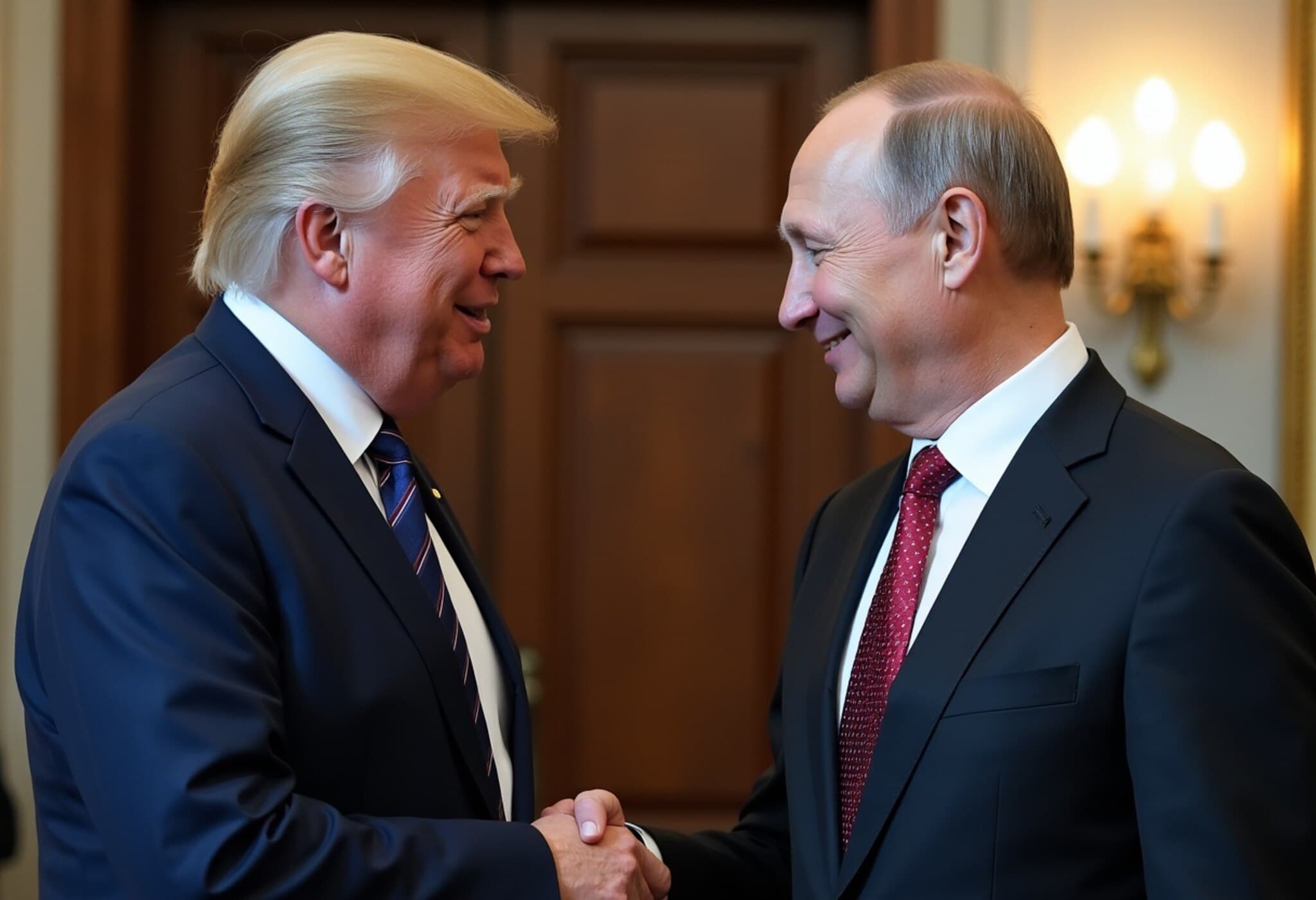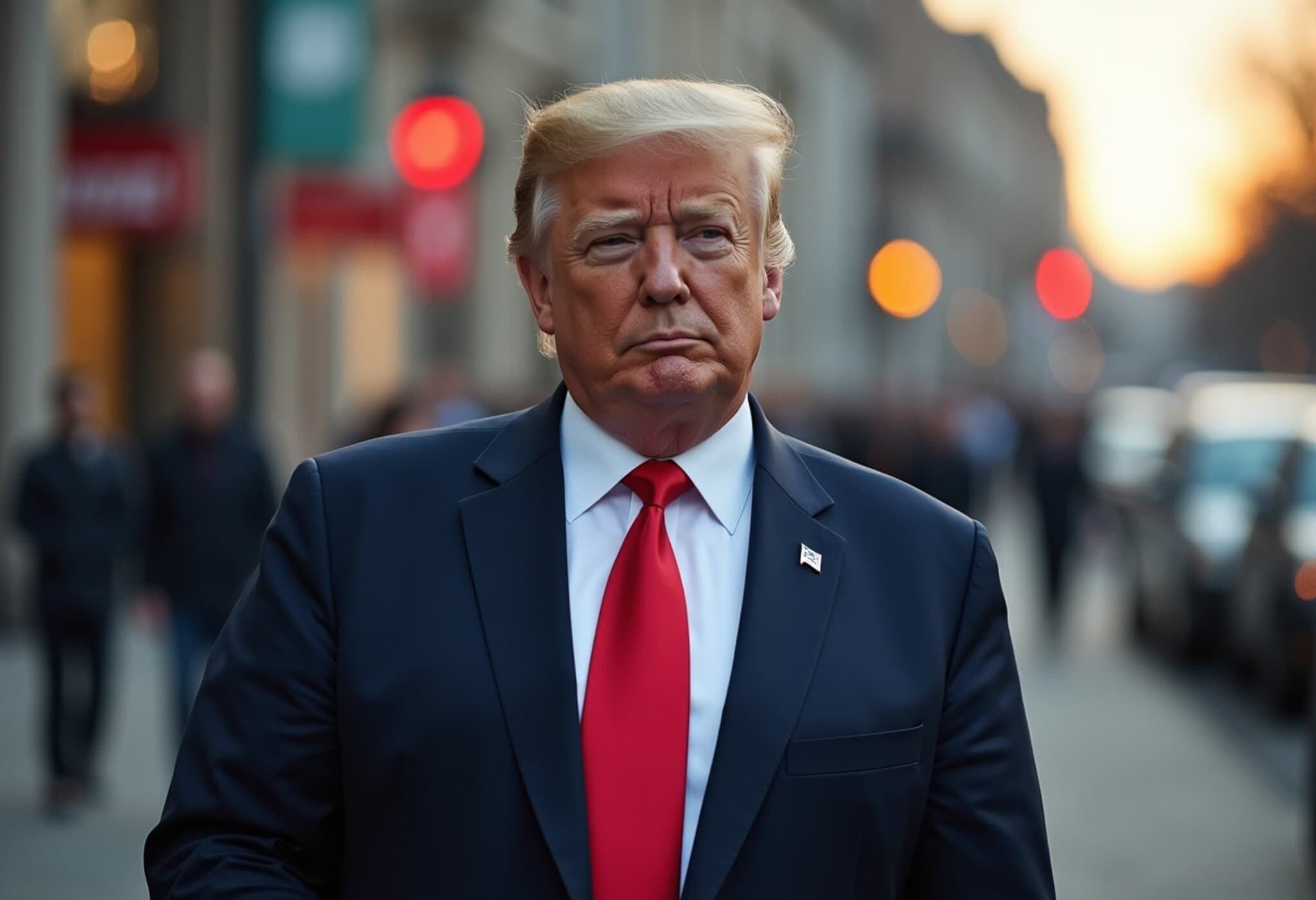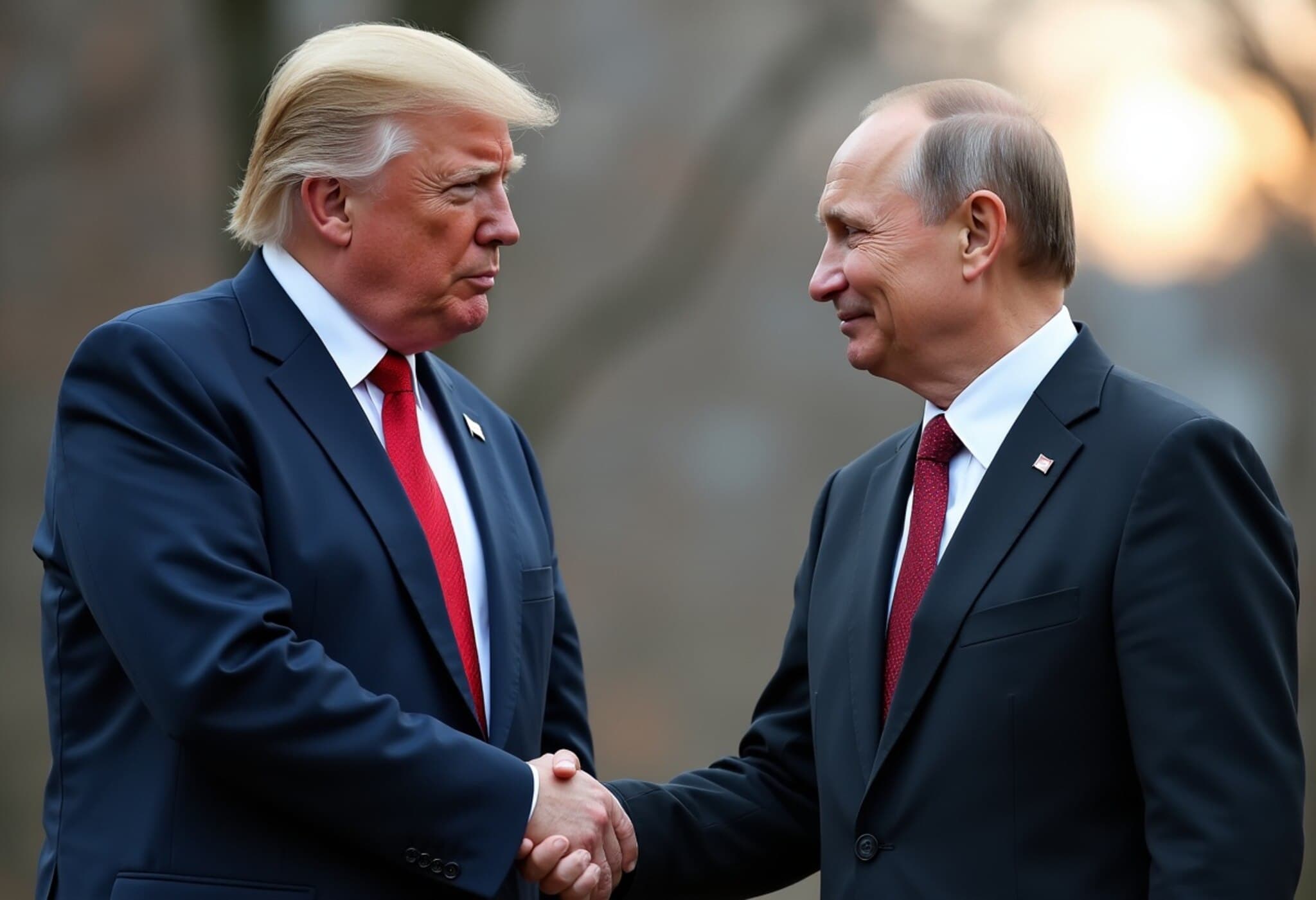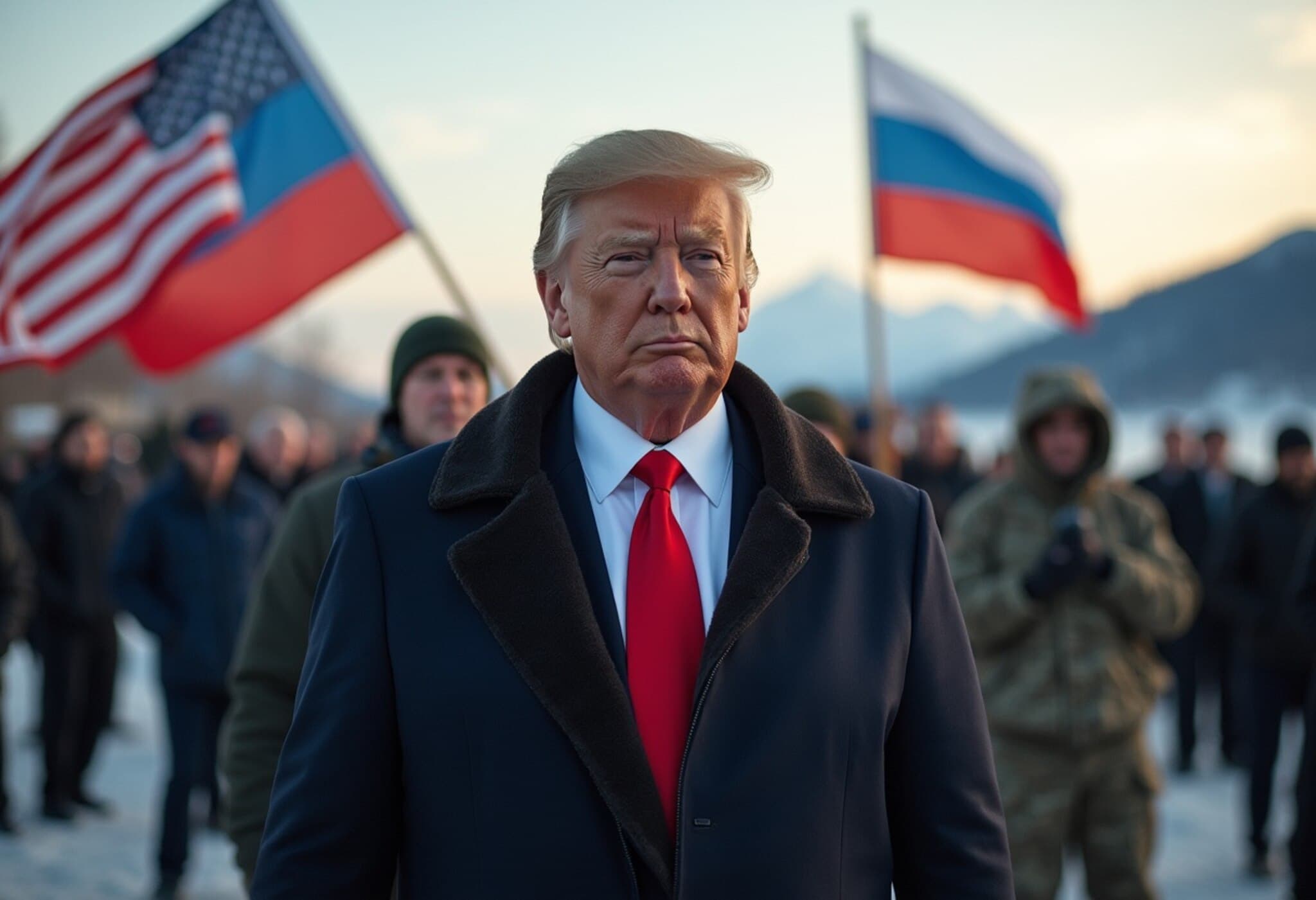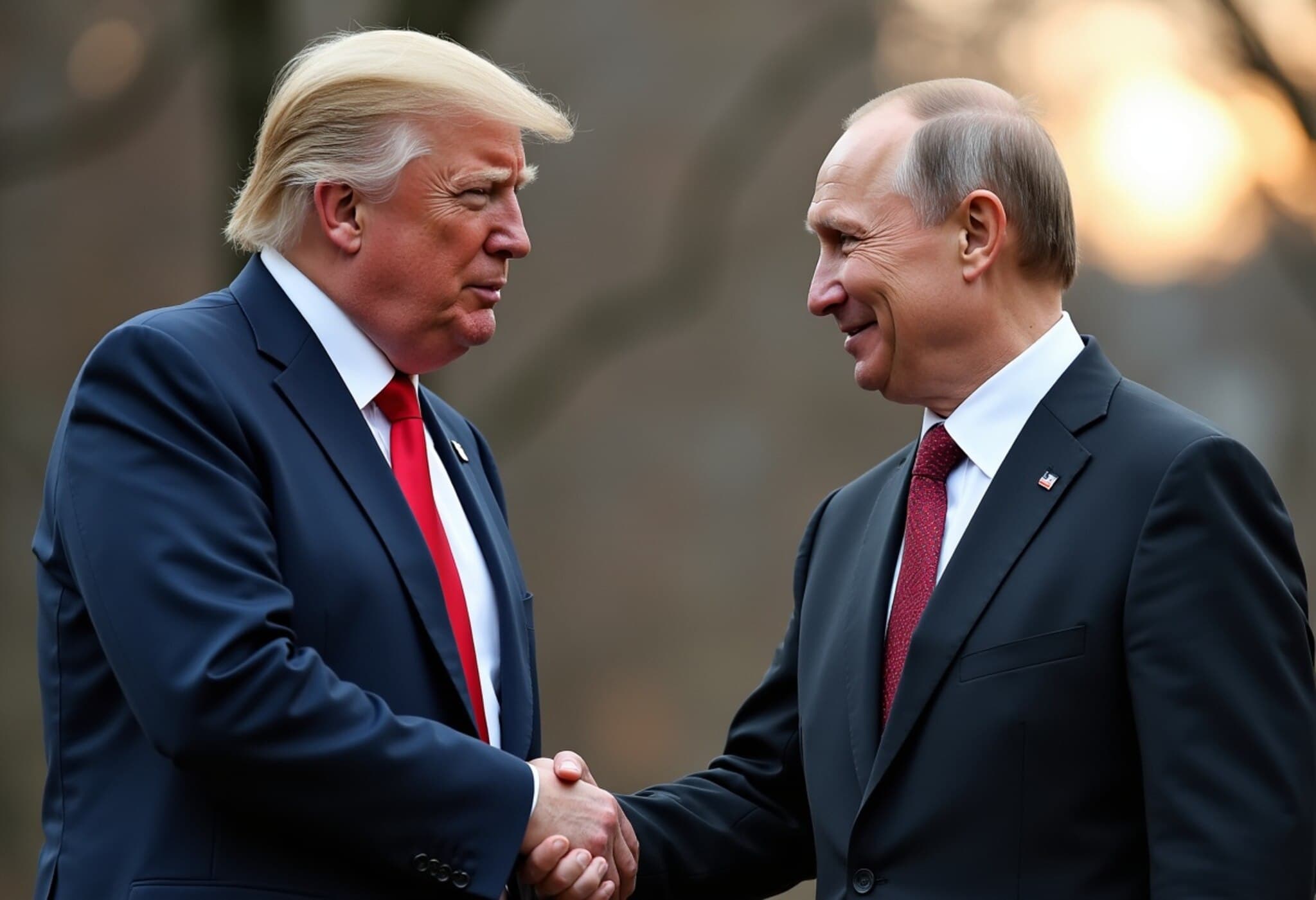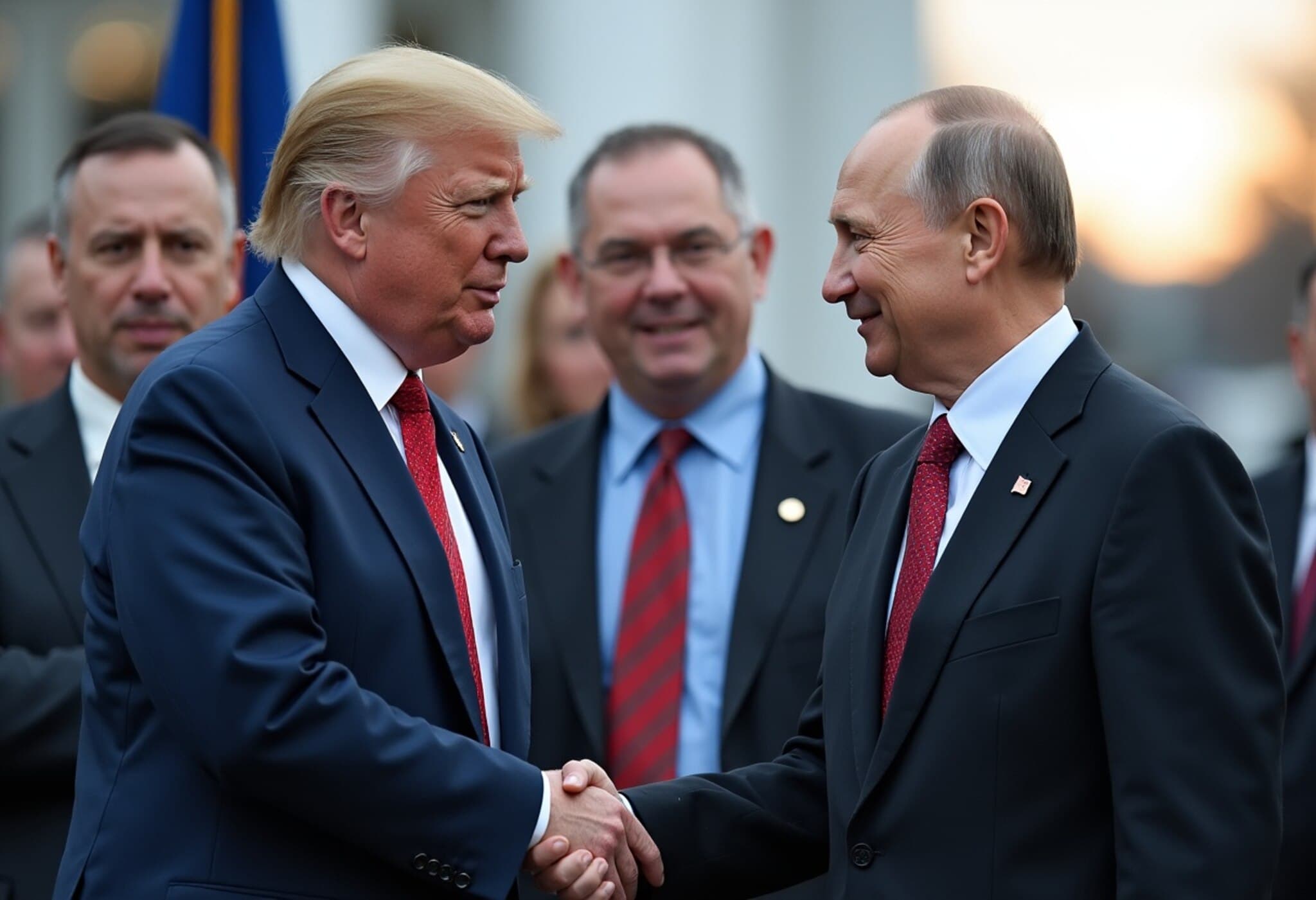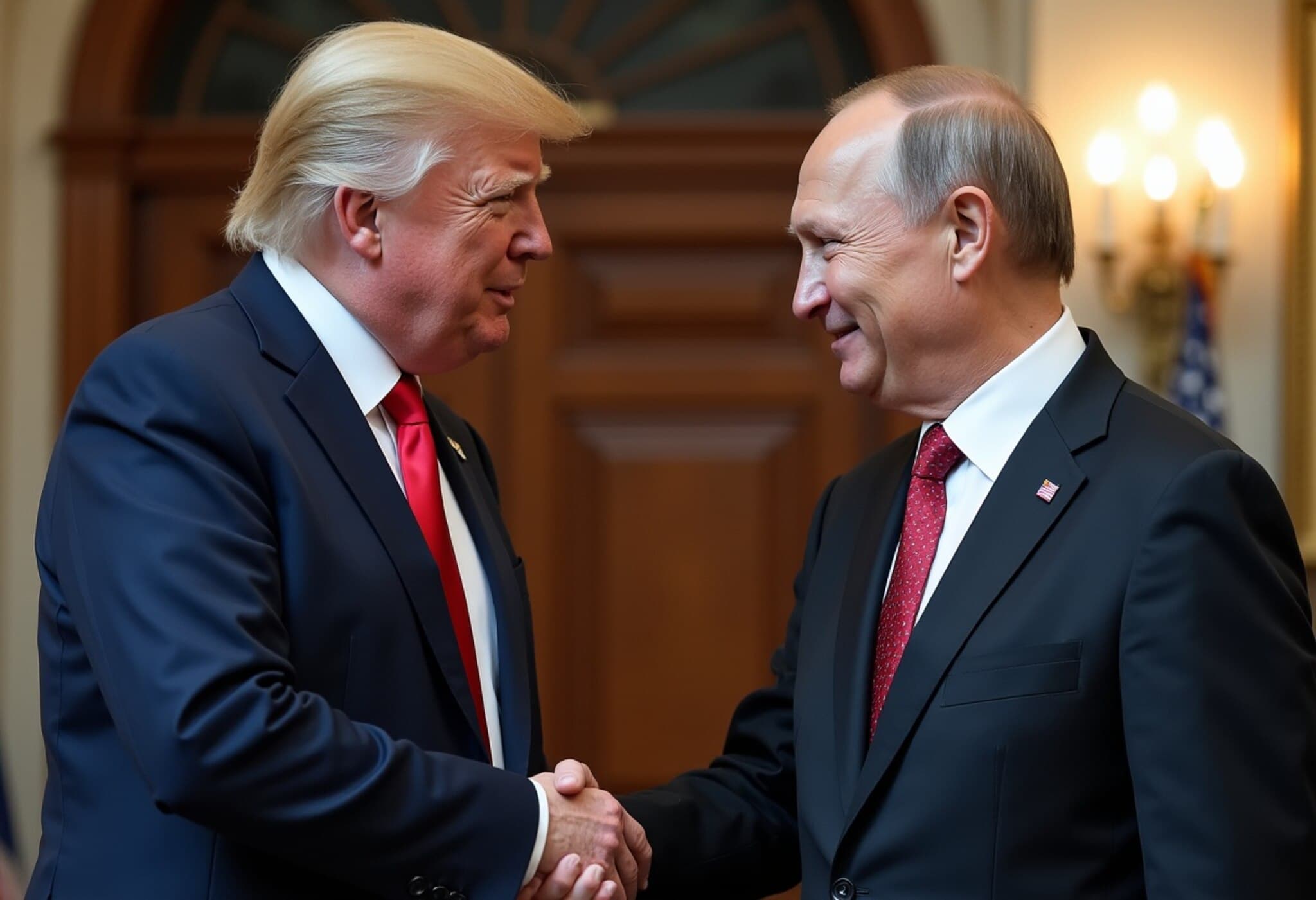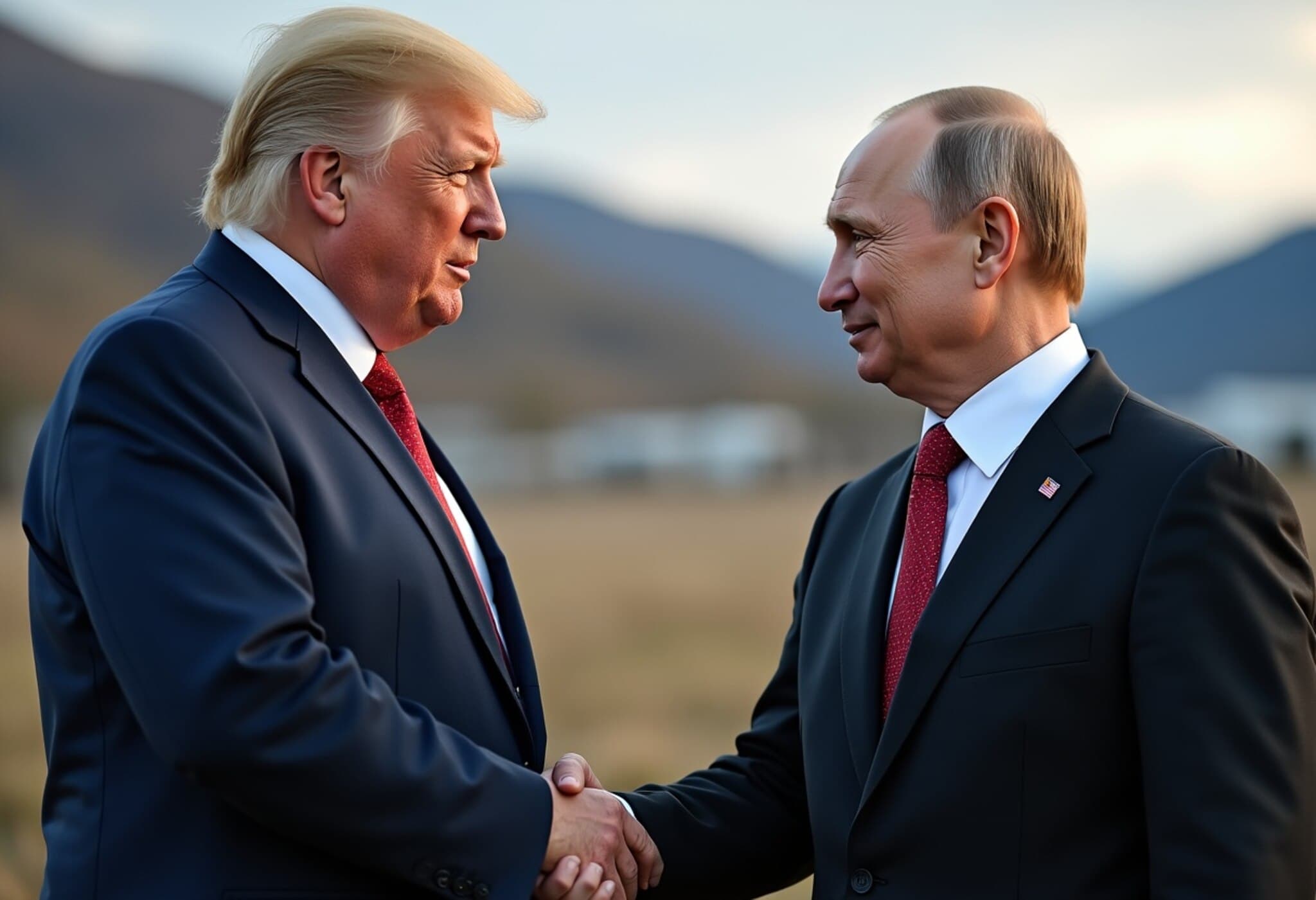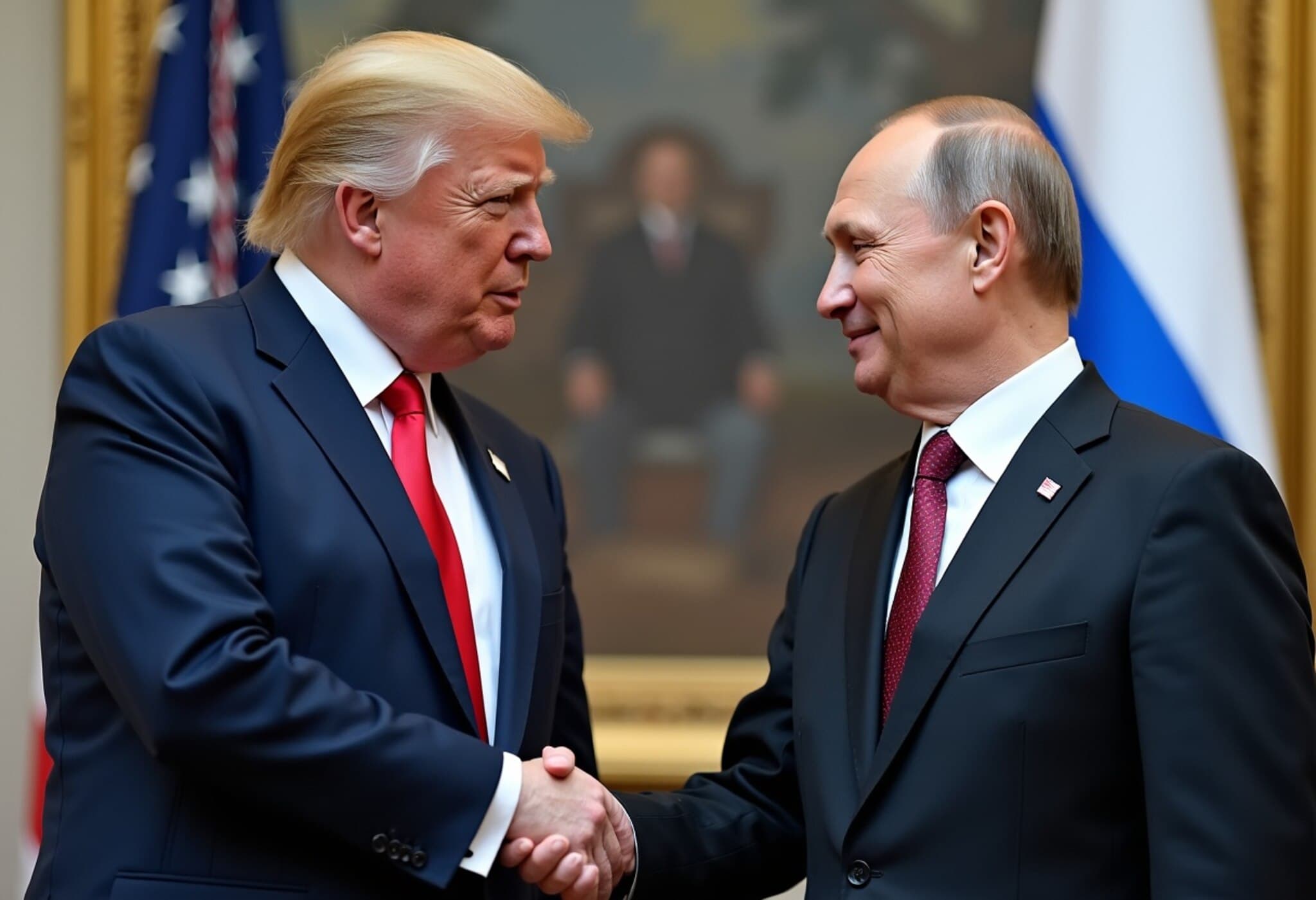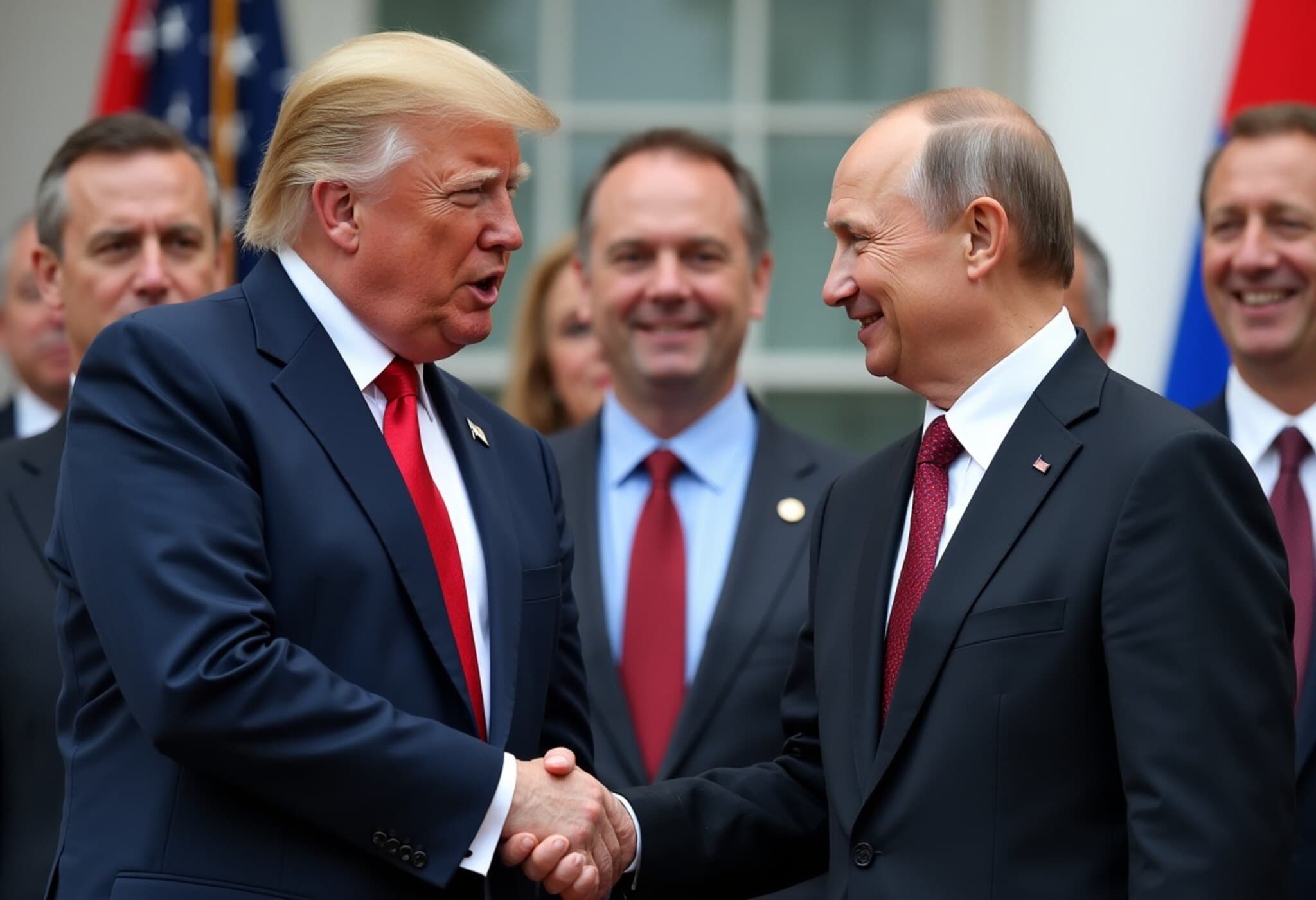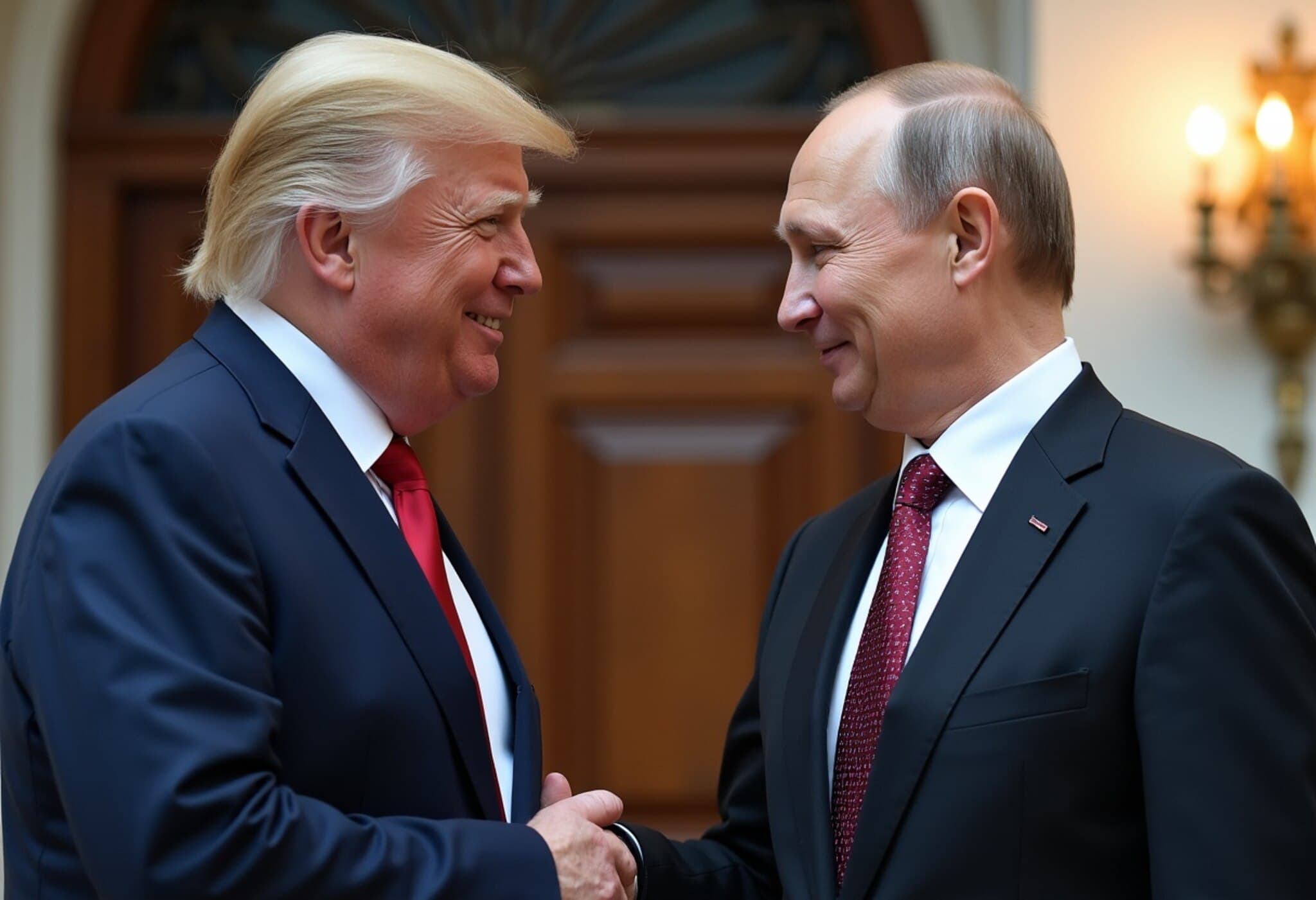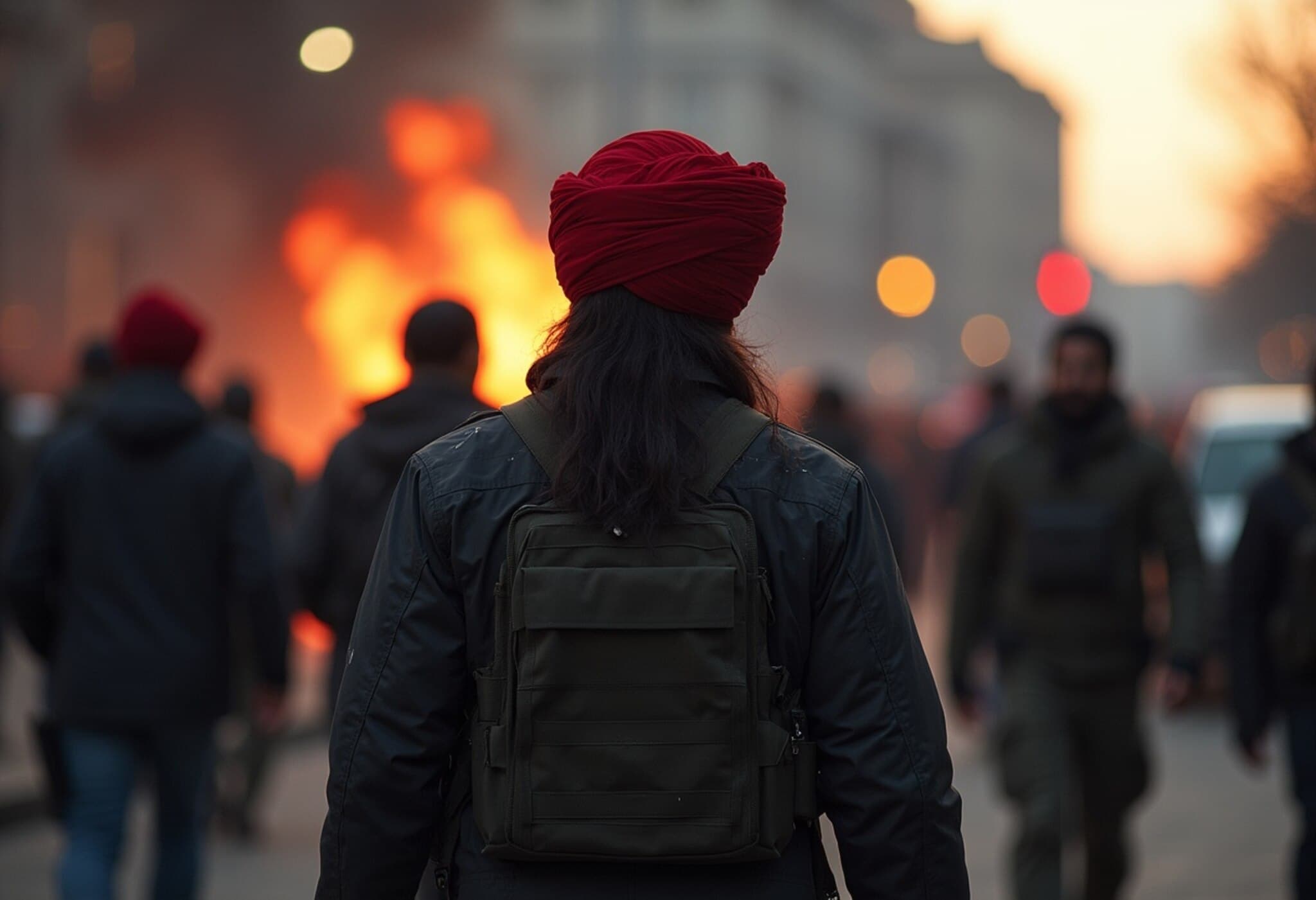White House Lowers Expectations for Trump-Putin Meeting Amid Ukraine War
As the world watches the escalating conflict in Ukraine, the upcoming summit between former U.S. President Donald Trump and Russian President Vladimir Putin in Alaska has become a focal point of international attention. However, the White House has stepped forward this week to temper optimistic hopes, describing the meeting less as a breakthrough negotiation and more as an opportunity for listening and information gathering.
"A Listening Exercise," Not a Negotiating Table
In remarks that aim to moderate public anticipation, White House spokesperson Karoline Leavitt emphasized that this summit, set for Friday at Joint Base Elmendorf-Richardson in Anchorage, is primarily a "listening exercise for the president." She explained, "Only one party directly involved in this war will be present," a nod to the exclusion of Ukraine’s leadership from these talks. The goal, according to Leavitt, is to better understand possible avenues to bringing the conflict to an end.
Given the gravity of Russia’s ongoing offensive in eastern Ukraine, which appears designed to consolidate battlefield advantages before talks, this framing signals a cautious approach amidst complex geopolitical realities.
Geopolitical Tensions and Risks of Territorial Concessions
The summit unfolds at a moment of growing anxiety among Kyiv and its European allies. They worry that President Trump, who has expressed frustration with both Kyiv and Moscow over Ukraine-related diplomacy, might advocate peace agreements which concede territory to Russia. This concern was intensified when Trump publicly floated the idea of "land swapping" between the involved parties—a proposal met with skepticism given Ukraine’s unyielding stance against ceding any territory.
Ukrainian President Volodymyr Zelenskyy has firmly rejected territorial concessions and stressed the vital principle of territorial integrity. "It is impossible to talk about Ukraine without Ukraine," Zelenskyy asserted, reaffirming that any meaningful peace dialogue must involve Kyiv directly.
Complementing this perspective, European Union foreign policy chief Kaja Kallas criticized Putin’s approach as a pretense to negotiate, aimed more at public image than genuine resolution. She noted that the Kremlin’s reluctance to include Ukraine in talks is designed to delay sanctions and sustain the status quo.
Expert Analysis: Summit’s Likely Outcomes and Strategic Posturing
Benjamin Godwin, partner at PRISM Strategic Intelligence, provided critical insight during CNBC's "Europe Early Edition." He surmised that the summit’s ambition is fundamentally undermined by being based on an unrealistic premise—land swapping unacceptable to Ukraine and the West alike. Godwin observed that White House statements appear to be preparing the ground for limited or symbolic outcomes.
He also highlighted the reputational stakes for both leaders: "This is a great opportunity for Putin to appear strong on the global stage, and for Trump, who thrives in such high-profile events. However, meaningful progress remains highly unlikely."
Broader Context: Sanctions and Diplomatic Pressure
While the White House has thus far refrained from escalating sanctions directly against the Kremlin, it continues to pressure Russia's commercial partners. Recently, new restrictions were imposed citing ongoing Russian oil imports, aiming to tighten economic constraints on Moscow without destabilizing international markets excessively.
This diplomatic balancing act underscores the complexities the U.S. faces in blending strategic restraint with decisive actions against Russian aggression.
Looking Ahead: What To Watch
- The scope and tone of the Alaska summit discussions, particularly any signals about future direct involvement of Ukrainian representatives.
- The degree to which the concept of "land swapping" is elaborated or revised, and reactions from Kyiv and Brussels.
- Potential shifts in U.S. sanctions policy or new measures aimed at isolating Moscow economically.
Ultimately, the summit may symbolize more about each leader’s domestic and global image than tangible steps toward ending one of the most fraught conflicts of this decade.
Editor’s Note
As the Trump-Putin summit approaches, it raises pressing questions: Can dialogue excluding Ukraine yield any legitimate peace foundation? How will the U.S. balance diplomatic engagement with steadfast support for Ukrainian sovereignty? And will this meeting mark a serious attempt at conflict resolution, or merely a high-stakes photo opportunity on the global stage? Observers should watch carefully for not only what is negotiated but what remains unsaid.

